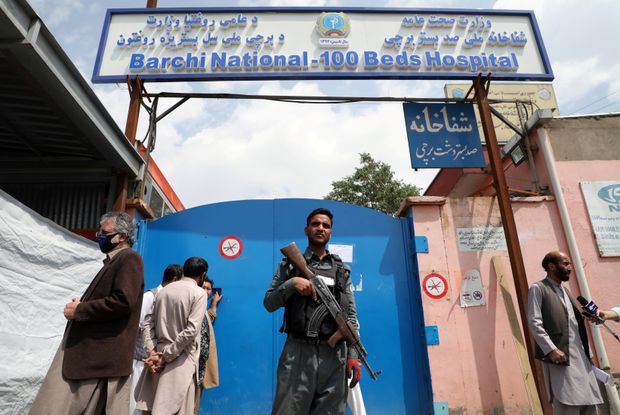Dr. Bina Najeeb grew up during the civil war in Afghanistan, a period of extreme bloodshed and destruction in his country. He graduated from medical school when the fundamentalist Taliban regime was in charge, in the late 1990s. He has served as the one of the country’s finest pediatric surgeons for more than 15 years at the French Medical Institute for Children (FMIC) in Kabul.
And yet, despite these years of being a firsthand witness to the awful consequences of the violence that has plagued his country for nearly four decades, Dr. Najeeb called the horrors of May 12 the “most brutal attack” he’d ever seen.
On the same day that an assault on a funeral in the eastern province of Nangarhar claimed 24 civilian lives, armed gunmen stormed a Kabul maternity hospital run by Médecins Sans Frontières in an area populated by the persecuted Shia minorities, killing nearly 24 people, including babies, pregnant women and health workers. “They’ve targeted hospitals before,” Dr. Najeeb said, “but now they brought the front line to a hospital for babies.”
While the Taliban has denied it was involved, the Afghan government has blamed the insurgency for these civilian deaths. Ashraf Ghani – whose presidency had itself been troubled after his rival Abdullah Abdullah disputed last year’s election results, with the turmoil culminating in a power-sharing agreement between the two, which was signed last week – ordered his military to switch from an “active defensive” to an “offensive” in their fight against the Taliban.
Read full piece on The Globe and Mail
